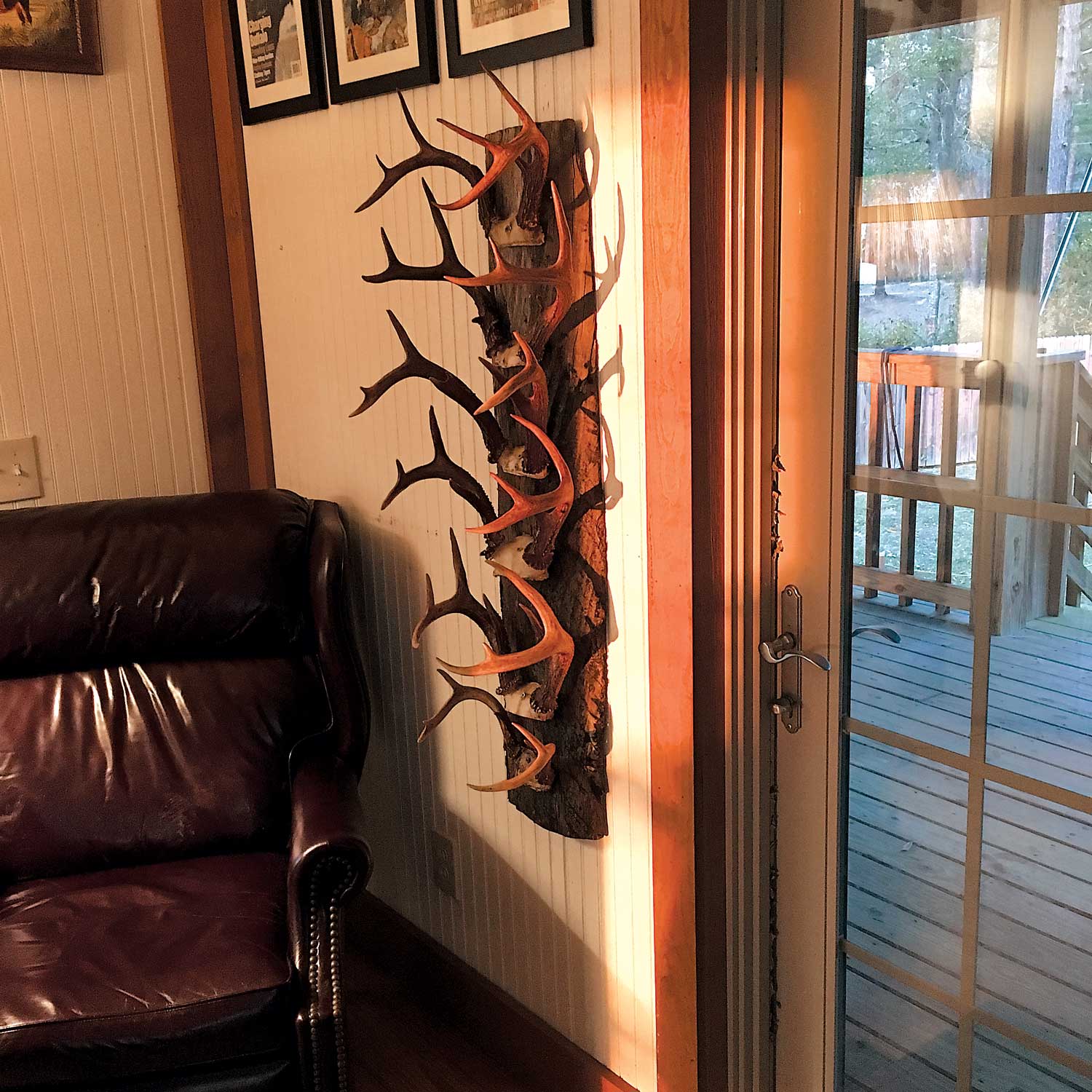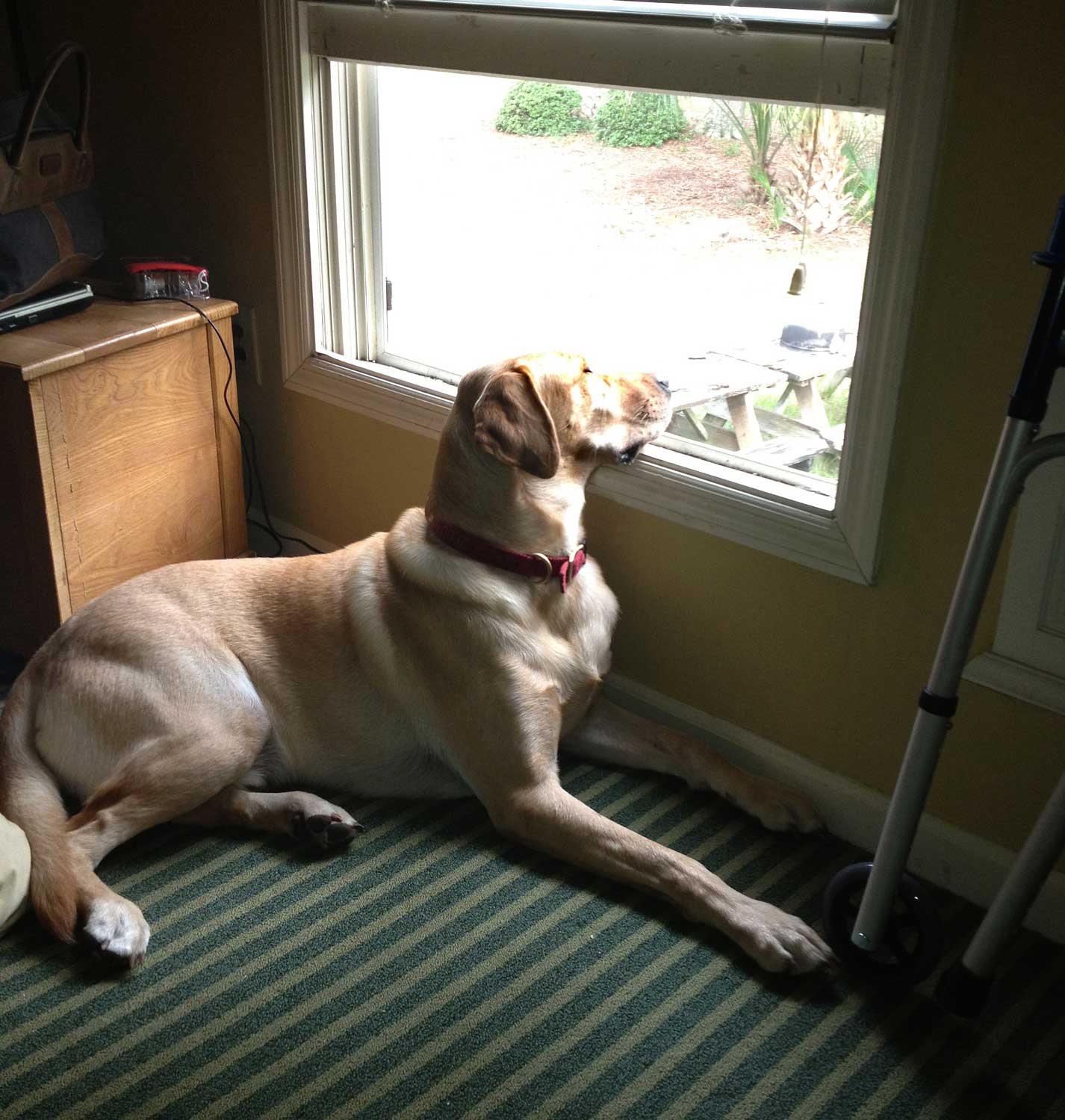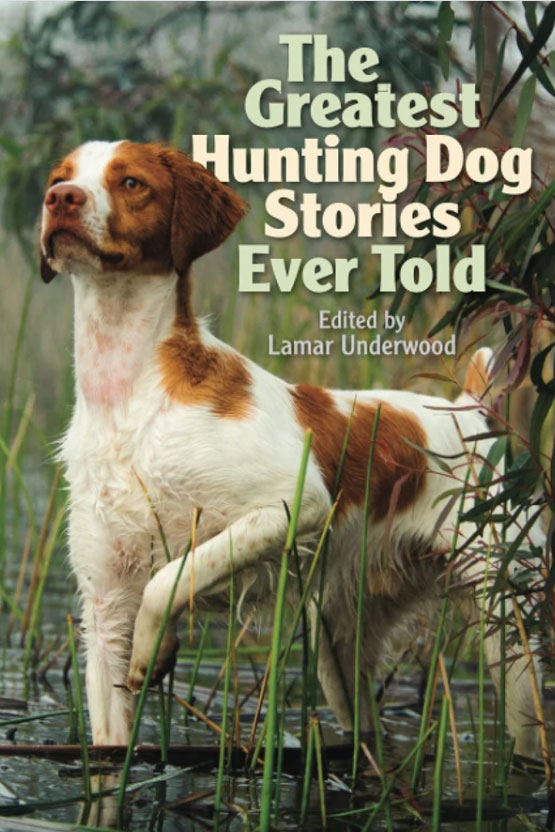Ain’t nothing to writing Papa Hemingway said, you just sit at the typewriter and bleed. I sat at the keyboard and cried for Zebo, damn near about shorted it out with my salty tears.
It’s a twisted tale, as good tales are.
Me and Miss Biscuits built a house on Daufuskie Island, quite a scramble when everything comes over by barge. And then there were the carpenters, come over by boat, laid up drunk, laid up in jail, laid up in the hospital after a nail gun fight over Wonder Bread and bologna sandwiches. Jesus was a carpenter, too, scant solace, though I tried to find it. Fifteen months to get it done. Tin roof, wrap-around porch and a view of downtown Savannah, 14 miles as the fish crow flies across the sweeping and rattling Spartina flats, from piling to roof-ridge, all of it number two Georgia yellow pine.
Just about everything. The kitchen countertops, heart pine planks sawn from timbers salvaged from a Georgia cotton mill built in 1885. The sawyer counted the rings. Those pines were growing when Desoto blundered through these parts in the 1530s. They didn’t come cheap. The sawyer gave us a housewarming gift, an old turpentine slash, a “cat-face” lumbermen call it, from a longleaf tapped for pine sap in 1750. The tree was cut in 1850 and used for a dock piling up on the Waccamaw River. The sawyer salvaged the piling for lumber, saved the cat-face and gave it to me.
What does a man do with a 260-year-old turpentine cat-face? I puzzled over it a day or three, then mounted six deer racks upon it. No trophies like my Minnesota racks, but island deer, small and tight with lots of points and character. And as they were all taken within a half-mile over a dozen years and they all looked like kin, pretty much the same. Then I mounted the cat-face to my office wall, right next to the door. The pine still smelled of turpentine after all those years.

I was right proud of myself but Miss Biscuits had reservations. “You gotta move it,” she said.
“Why?”
“Because the damn dog will poke his eye out on that bottom rack. You know how he jumps and lunges when you go to let him out.”
She was right. But the office walls were like a Rubik’s Cube. Hanging it elsewhere would require moving something first, and before you could do that, you would have to move something else and so on. Photos of my father, the spinner of tales, the lawman and riverman? My maternal grandmother, pioneering female journalist? Of my great-grandfather, Confederate naval officer and hero? Framed covers of this magazine in which my favorite features have appeared?
I was seized with sudden inspiration. There was an empty 12-gauge buckshot shell on my desk. I’d just killed a deer with it, Remington single ought. The meat was in the freezer and the rack was on the turpentine slash. I slipped the shell over the offending tine.
Perfect fit.
Zebo, that damn dog. Time was short, I got him when he was 5. He was a hurricane, a typhoon, a force of nature, a totally obstreperous kennel dog. But I reckoned I had a good one when he about broke through the sheetrock first time I uncased a gun in the house. Then he jumped into the Jon boat in the yard and would not come out.
He was a natural, but I didn’t get to shoot over him as much as I wanted, the ponds and rice paddies loaded up with gators the way they are down here. So Zebo made a seamless transfer of his considerable talent. If he couldn’t fetch up ducks, by God, he would fetch up boys.
Boys. We had two, 10 and 11 in those days. “Get the boys up, Zebo! Time to go to school!”
Lingering in bed was not an option. Zebo knew what feet on the floor meant. He’d root around under the covers and bite their feet. And if their response was not as timely as he would have liked, he’d shred their pajamas for emphasis. Afternoons, he somehow knew when the bus would bring them home, lay his big head on the windowsill and watched the driveway ’till it did.
He knew all the family by names, even by nicknames, knew 42 commands in English and Spanish, hand-signals too. I worked him with a baton, sometimes at night just to hear his nose pop and snuffle. But when a nasty strain of canine influenza hit the island, killing the old dogs and sickening the young, there was little we could do.
When I was laid up with tick fever and fixing to die, Zebo crawled atop the bed, pressed his back full length upon my back, and the EMT’s had to get by him to get to me. He would not give up on me so I did not give up on him, and I nursed him to the end.
He ate and drank only from my hand, and when he would no longer do that, I knew he was done. We fretted over it amongst ourselves, me and Biscuits and the boys. But Zebo picked up on it and felt bad because he knew he was disappointing us by dying. We kept our grief private after that.

He was a gentleman to the last. His final full day with us, he followed me around the house, lay at my feet beneath my desk. Seven in the morning, he asked to go out. He left the porch, did his doggy business, struggled his way back up and lay on the deck just outside my bedroom door. I dozed off, 30 minutes, no more, and when I awoke, he was gone forever. He spared me that final chore. I would not have to bury him. The buzzards down here don’t miss much, but I never saw buzzards. I told the boys he was so perfect, he ascended bodily into heaven.
They liked that.
Miss Biscuits took it hardest of all. Zebo was her first good dog. She threw out the pans and water bowls, put the feed in the back of the pickup, demanded I give it away, which I did. She vacuumed every wisp of dog hair from the floor and furniture and she pulled that buckshot shell from the deer tine and put it back on my desk, went off and cried long and bitterly in private.
There was nothing I could do for her either.
But maybe there was. I called Zebo’s breeder. He had a litter of Boykin spaniels coming up, good hunting stock, but no labs. I kept looking and found a handsome silver male with green eyes, six hours away, not counting the boat ride. The last pup from the last litter, at 11 weeks, yet unclaimed. Silver is the rarest of the lab colorations and he was priced accordingly. I got a picture by email and called Miss Biscuits to the laptop. She wept for Zebo one last time, then took that buckshot shell and put it back on the deer tine.
“We don’t want that damn dog to poke his eye out.”
And that’s when I knew we were going to be okay.
This article originally appeared in the 2019 November/December issue of Sporting Classics magazine.
 All dogs live forever in the hearts of their owners. But hunting dogs take that love to ultimate dimensions of affection. The dogs and their owners have worked together to obtain skills and understanding of the outdoor world where they thrive. Buy Now
All dogs live forever in the hearts of their owners. But hunting dogs take that love to ultimate dimensions of affection. The dogs and their owners have worked together to obtain skills and understanding of the outdoor world where they thrive. Buy Now
